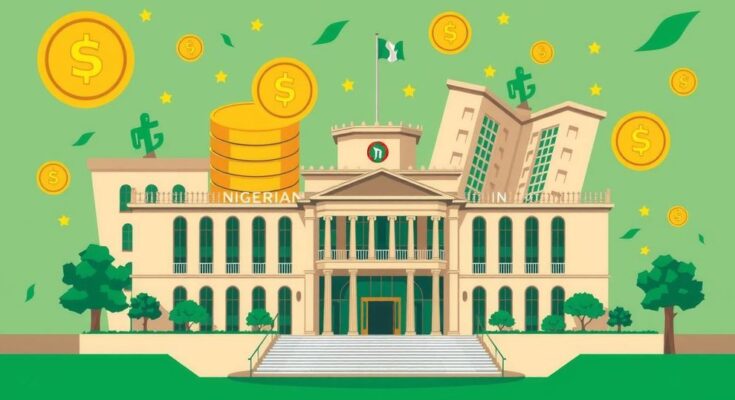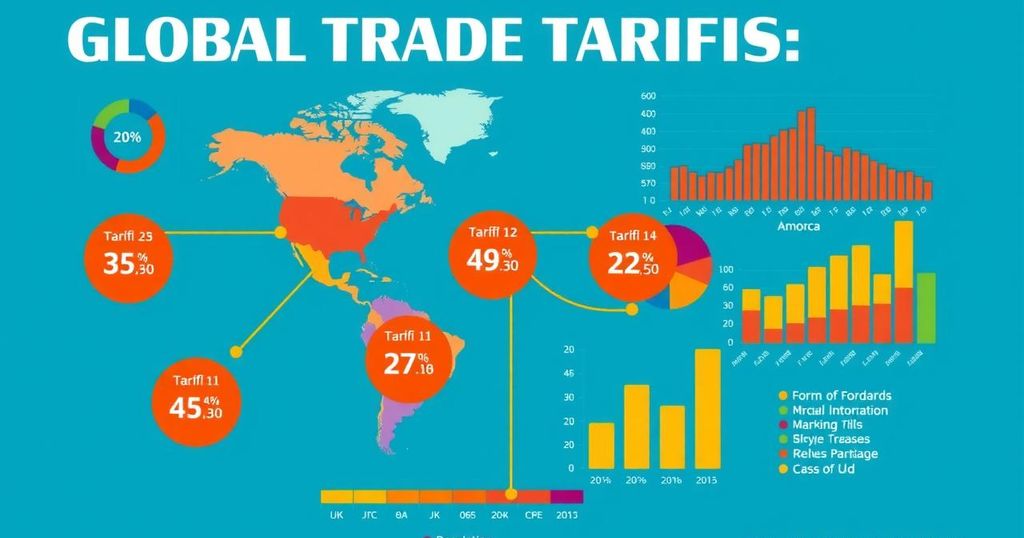The Nigerian House of Representatives’ recent motion to ban pornography has sparked public outcry, as many citizens prioritize pressing issues like economic hardship and insecurity over internet censorship. Critics argue that lawmakers are out of touch with the challenges faced by ordinary Nigerians, pushing for a focus on solutions that address real-life problems.
The recent motion introduced by the Nigerian House of Representatives to ban pornography has become a focal point of criticism among the populace. Many Nigerians express their dissatisfaction, highlighting pressing issues such as rising food costs, insecurity, and job losses as more urgent problems needing legislative attention. The suggestion to block pornographic websites, led by Representative Dalhatu Tafoki, has sparked debate about the government’s priorities.
The motion is premised on the belief that such a ban would preserve Nigeria’s moral and religious values, as well as combat issues of marital deception and unrealistic sexual expectations. However, many citizens see this initiative as misplaced, particularly given the ongoing economic hardships that they expect lawmakers to address profoundly.
Public sentiment reflects that the focus on banning pornography distracts from the critical economic issues at hand. Social media discussions illustrate widespread disbelief that such legislation is prioritized when problems like inflation and job scarcity remain unaddressed. Citizens express frustration that lawmakers seem disconnected from their daily challenges, with some calling for more immediate action on economic policies.
Critics emphasize that the inconsistency in legislative focus undermines the potential for national improvement. The average Nigerian continues to suffer from soaring prices of essentials, while lawmakers are seen prioritizing discussions around internet censorship over impactful economic reforms. Many urge the government to concentrate on job creation, security, and the cost of living.
Defending their stance, the House of Representatives cites successful pornography bans in countries across Asia, Africa, and the Middle East. They argue that such measures are necessary to curb deception in marriages and to prevent the dangerous societal impacts attributed to pornography. Nevertheless, the commitment to sanctioning defaulting internet service providers under the Nigerian Communications Act raises concerns about prioritizing censorship over urgent economic needs.
In conclusion, the proposal by the Nigerian House of Representatives to ban pornography has incited significant public backlash, with many citizens expressing that the focus should be on addressing pressing economic challenges. The perception of lawmakers as disconnected from the realities of ordinary Nigerians amplifies frustrations. As the country grapples with issues such as rising costs and insecurity, the demand for actionable solutions rather than censorship becomes increasingly urgent.
Original Source: businessday.ng




